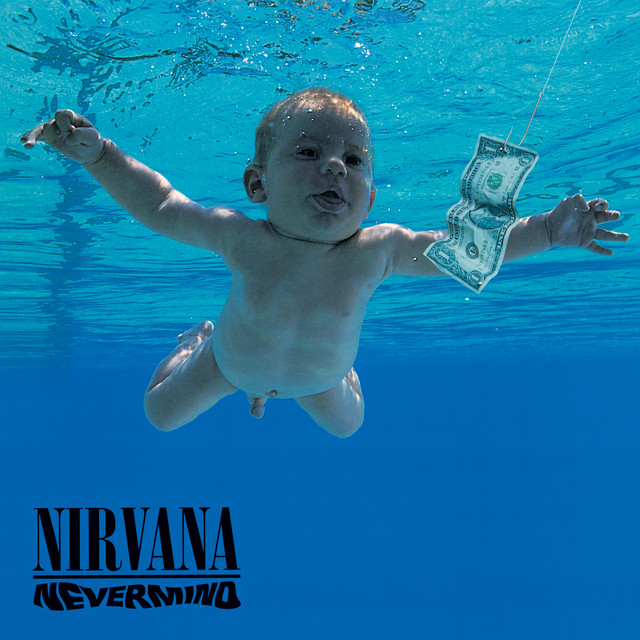After years of back and forth in the courts, Nirvana has finally shut down the long running lawsuit over their iconic 1991 Nevermind album cover. As reported by Billboard, US District Judge Fernando Olguin dismissed the case brought by Spencer Elden, the baby photographed underwater for the cover, after ruling no reasonable jury could ever consider the image pornographic.
Elden, now in his 30s, had sued Nirvana multiple times, arguing the photo amounted to child sexual abuse imagery. Olguin’s ruling made it clear the claims didn’t hold though, ‘Other than the fact [that] the plaintiff was nude on the album cover,’ he wrote, nothing about the picture ‘comes close to bringing the image within the ambit of the child pornography statute.’ The judge even likened the photo to a family snapshot of a child bathing.

What complicated Elden’s case further was his own history of embracing the image, as the court noted, he had been paid to re enact the cover as an adult, sold signed posters and memorabilia, and even referred to himself as the ‘Nirvana baby.’ The fact that he has ‘Nevermind’ tattooed across his chest only made his claim of exploitation harder to reconcile.
Nirvana’s attorney Bert Deixler celebrated the decision, saying the band was ‘delighted that the court has ended this meritless case and freed our creative clients of the stigma of false allegations.’ The defendants included surviving members Dave Grohl and Krist Novoselic, Courtney Love, and photographer Kirk Weddle.
Nirvana ‘Smells Like Teen Spirit’ video
Elden’s legal battles stretch back to 2021, when he first filed a federal suit claiming the band knowingly profited from his naked image. That case was dismissed twice, once for a missed deadline, then again in 2022 on technical grounds. The Ninth Circuit briefly revived it in 2023 after Nevermind was reissued, but Olguin’s latest ruling brings the saga to a close.
Despite the outcome, Elden has voiced frustration with how the band has treated him. Speaking to GQ Australia, he said: ‘I’m pissed off about it, to be honest… What if I wasn’t OK with my freaking penis being shown to everybody? I didn’t really have a choice.’
For Nirvana, the decision marks the end of a bizarre chapter in the legacy of one of rock’s most recognisable album covers.











